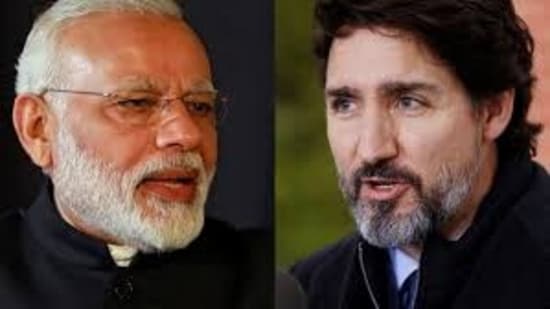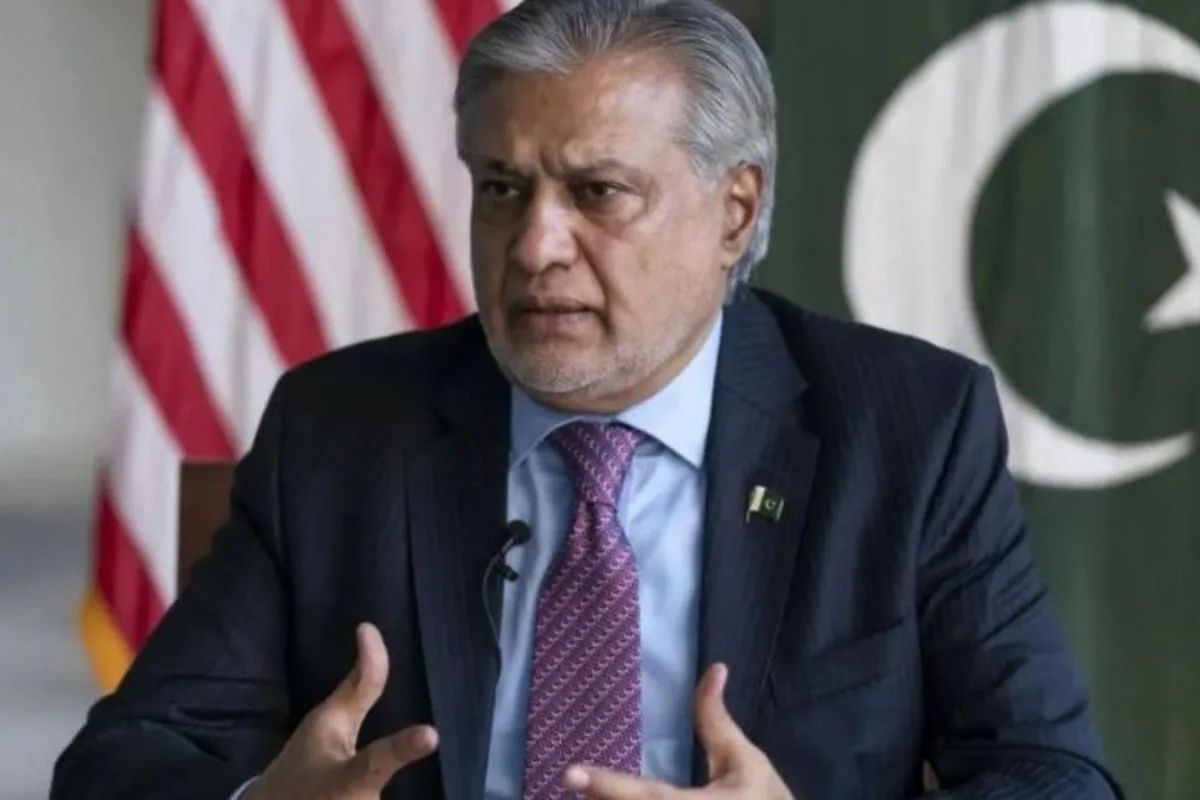India has asked Canada to denounce the so-called “Khalistan Referendums” by proscribed terrorist organization “Sikh for Justice” on November 6 at Ontario and act against those who promote terror and violence against the largest democracy in the world. It has asked the Justin Trudeau government to stop the so-called referendum and ensure that no Canadian government property is used to spew hatred or call for violence against Indian people.
On Tuesday, the High Commission in Ottawa served a demarche’ on the Executive Director of Global Affairs Canada in Ontario stating that the November 6 so-called referendum in Paul Coffey Arena in Mississauga would be the second unlawful exercise after the proscribed SFJ had organized another such exercise on September 18 at Brampton, Ontario. India has informed Canada that such anti-India activities were being promoted by violent terrorist organizations that advocate the killing of innocent civilians.
Though its High Commission, New Delhi has reminded the Justin Trudeau government that both the countries had agreed at the highest levels, not to allow the use of their territories for activities detrimental to each other’s security and national interest. The Canadian government had earlier conveyed in writing to New Delhi that it does not recognize such so-called “referendums” vide a note verbale on September 16, 2022.
New Delhi in fact has requested the Canadian government to denounce in strongest terms such attempts at promoting violence and threatening the territorial integrity of India. It has asked the Trudeau government to ensure that Canadian territory is not used for activities that promote terror, violence against the people of India and undermine its national security.
While the Canadian government is expected to resort to plea that it cannot stop free airing of views as part of liberal speech, the Indian High Commission has informed their counterparts that the referendum organizers are trying to polarize the Indian community and radicalize Sikh students by asking them to vote in the Nov 6 exercise. It has pointed out that the outreach of organizers to enlist Indian students was a matter of grave concern as this action by proscribed SFJ will politicize Indian students by dividing them on religious lines apart from taking politics to campuses and vitiating the peaceful environment.
While India time and again has asked Canada and the US to take action against SFJ’s terrorist leader G S Pannu through security and diplomatic channels, the two countries inexplicably have looked the other way.
What & Why second phase of Khalistan Referendum on Nov 6 2022
Secessionist group ‘Sikhs For Justice’ (SFJ) has announced plans to hold Phase-II of Khalistan Referendum voting on November 6 in Toronto to accommodate those who were unable to vote on September 18.
The Sikhs For Justice said that more than 110,000 Sikhs had voted on September 18 in a massive turnout and thousands were unable to vote as the voting ended at 5PM and it was not possible for the organisers to accommodate nearly 40,000 Sikhs who were still in queues as the voting ended.
Gurpatwant Singh Pannun, an Attorney at Law in New York and General Counsel to the SFJ, said that the decision to hold the second phase of Khalistan Referendum on a huge demand from the local Sikh community and with consensus from all Sikh organisations. “The Canadian Sikhs made history on September 18 by coming out for Khalistan in huge numbers and they will do so again on November 6,” Pannun added.
The second phase of Khalistan Referendum will test India-Canada diplomatic relations as both countries have been engaged in open warfare since the start of Khalistan Referendum campaign in Canada. After the first referendum in Brampton, both countries have issued travel advisories against each other, warning their respective citizens. Before the voting took place in Brampton, Ontario, India tried to put diplomatic pressure on Canada and sent three diplomatic communications to Canada to stop the non-binding voting. The Canadian govt told India that it believed in the territorial integrity of the South Asian country but it was unable to stop its own Sikh nationals from engaging in a democratic and peaceful process.
That was followed by the both countries issuing travel and safety advisories to their citizens, taking a jibe at each other.
On September 23 this month, India issued a travel advisory and a press release which read: “There has been a sharp increase in incidents of hate crimes, sectarian violence and anti-India activities in Canada. The Ministry of External Affairs and our High Commission/Consulates General in Canada have taken up these incidents with the Canadian authorities and requested them to investigate the said crimes and take appropriate action. The perpetrators of these crimes have not been brought to justice so far in Canada.
PM Justin Trudeau’s government advised its citizens to avoid all travel to areas in states of Gujarat, Punjab and Rajasthan, which share a border with Pakistan due to the “presence of landmines” and “unpredictable security situation”. “Avoid all travel to areas within 10 km of the border with Pakistan in the following states due to the unpredictable security situation and presence of landmines and unexploded ordnance: Gujarat, Punjab Rajasthan,” the Canadian advisory states.
The travel advisory put out by Canadian government on its website on September 27 also asks its citizens to exercise a high degree of caution in India due to “threat of terrorist attacks throughout the country.” It also urges people to avoid non-essential travel to Assam and Manipur “due to the risk of terrorism and insurgency.”


